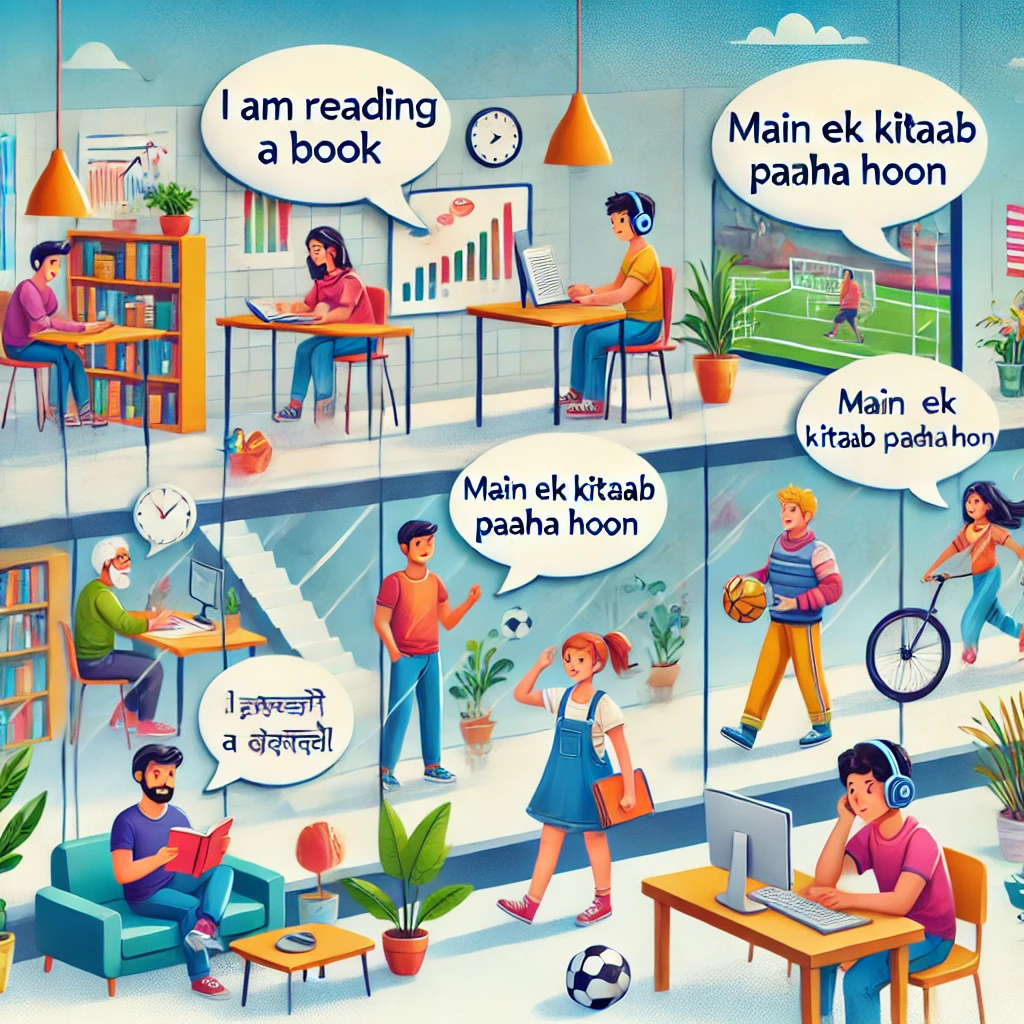How would you use complex sentences in professional emails? Give examples.
English:
In professional emails, using complex sentences effectively demonstrates a higher level of language proficiency and allows for nuanced communication. However, it's crucial to strike a balance – overusing them can make your email cumbersome and difficult to understand. The key is to use them strategically to convey complex information concisely. For example, instead of writing two simple sentences like "The meeting is scheduled for next week. It will be held in the conference room," you can use a complex sentence: "The meeting, which is scheduled for next week, will be held in the conference room." This combines two ideas into a single, more sophisticated sentence. Similarly, using subordinate clauses can add detail and context. For instance, "Although the project faced several challenges, we successfully completed it on time" is more impactful than two separate sentences. Always prioritize clarity and conciseness; if a complex sentence makes your email harder to read, opt for simpler structures. Using a mix of simple and complex sentences creates a more engaging and effective communication style.
Hindi:
पेशेवर ईमेल में, जटिल वाक्यों का प्रभावी ढंग से उपयोग भाषा दक्षता का उच्च स्तर दर्शाता है और सूक्ष्म संचार की अनुमति देता है। हालांकि, संतुलन बनाना महत्वपूर्ण है - इनका अत्यधिक उपयोग आपके ईमेल को बोझिल और समझने में कठिन बना सकता है। कुंजी यह है कि संक्षिप्त रूप से जटिल जानकारी देने के लिए इनका रणनीतिक रूप से उपयोग किया जाए। उदाहरण के लिए, "मीटिंग अगले हफ़्ते निर्धारित है। यह कॉन्फ्रेंस रूम में होगी," जैसे दो सरल वाक्यों के बजाय, आप एक जटिल वाक्य का उपयोग कर सकते हैं: "मीटिंग, जो अगले हफ़्ते निर्धारित है, कॉन्फ्रेंस रूम में होगी।" यह दो विचारों को एक ही, अधिक परिष्कृत वाक्य में जोड़ता है। इसी प्रकार, अधीनस्थ खंडों का उपयोग विवरण और संदर्भ जोड़ सकता है। उदाहरण के लिए, "हालांकि परियोजना को कई चुनौतियों का सामना करना पड़ा, हमने इसे समय पर सफलतापूर्वक पूरा कर लिया" दो अलग-अलग वाक्यों की तुलना में अधिक प्रभावशाली है। हमेशा स्पष्टता और संक्षिप्तता को प्राथमिकता दें; यदि कोई जटिल वाक्य आपके ईमेल को पढ़ना कठिन बना देता है, तो सरल संरचनाओं का चयन करें। सरल और जटिल वाक्यों के मिश्रण का उपयोग करने से अधिक आकर्षक और प्रभावी संचार शैली बनती है।
| English | Hindi | Roman Hindi |
|---|---|---|
| The book, which I borrowed from the library, is quite interesting. | वह किताब, जो मैंने लाइब्रेरी से उधार ली थी, काफी रोचक है। | vah kitab, jo maine library se udhaar li thi, kaafi rochak hai. |
| Although it was raining, we went for a walk. | हालांकि बारिश हो रही थी, हम टहलने गए। | halaanki baarish ho rahi thi, hum tahalne gaye. |
| Because he was late, he missed the bus. | क्योंकि वह देर से आया था, उसने बस मिस कर दी। | kyonki vah der se aaya tha, usne bus miss kar di. |
| While she was cooking, the phone rang. | जब वह खाना बना रही थी, तब फ़ोन बज गया। | jab vah khana bana rahi thi, tab phone baj gaya. |
| Since you are interested, I'll tell you more. | चूँकि आपकी रुचि है, इसलिए मैं आपको और बताऊँगा। | chunki aapki ruchhi hai, isliye main aapko aur bataunga. |
| If you study hard, you will succeed. | यदि आप कठिन परिश्रम करेंगे, तो आप सफल होंगे। | yadii aap kathin parishram karenge, to aap safal honge. |
| Before he left, he locked the door. | जाने से पहले, उसने दरवाजा बंद कर दिया। | jane se pehle, usne darwaza band kar diya. |
| After the movie ended, we went home. | फ़िल्म ख़त्म होने के बाद, हम घर गए। | film khatm hone ke baad, hum ghar gaye. |
| Despite the challenges, we persevered. | चुनौतियों के बावजूद, हमने दृढ़ता से काम किया। | chunoutiyon ke baavjud, humne dridhata se kaam kiya. |
| Unless you act now, it will be too late. | जब तक आप अभी कार्यवाही नहीं करते, तब तक बहुत देर हो जाएगी। | jab tak aap abhi karyaavahi nahin karte, tab tak bahut der ho jaegi. |




